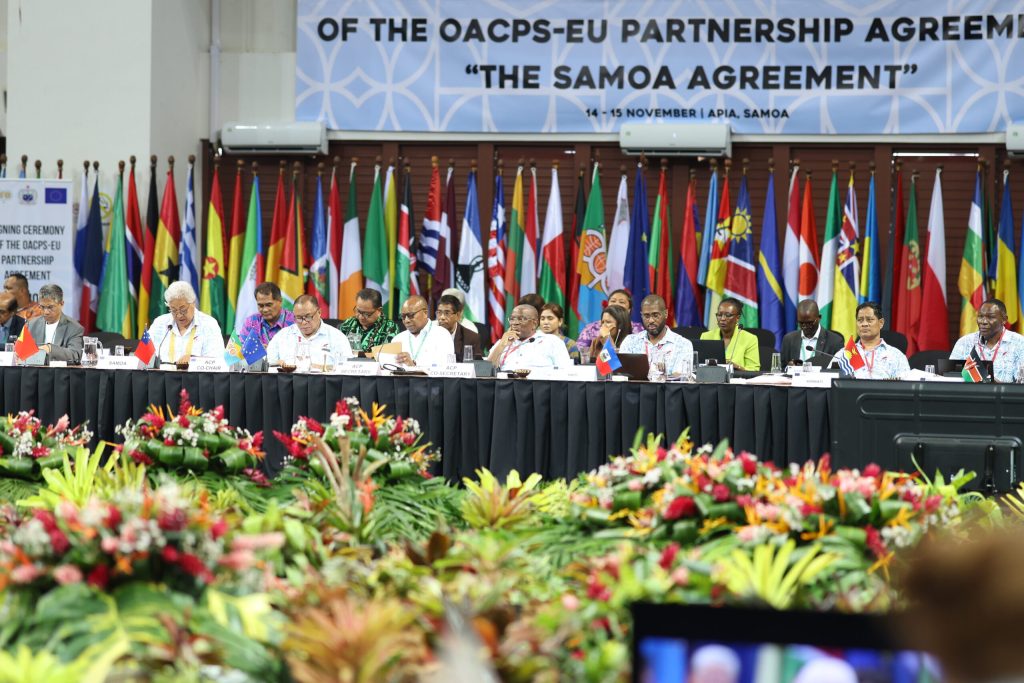
The House of Representatives has urged the Federal Government of Nigeria to halt the implementation of the Samoa Agreement until all controversial clauses are addressed and clarified.
This motion of urgent national importance was sponsored by 88 members and brought forward by Aliyu Madaki, a House member, during Tuesday’s session.
Madaki highlighted concerns about a clause promoting “gender equality,” which he described as a potential Trojan horse that could infringe upon the country’s moral values. In response, the House mandated its relevant committees to investigate the contentious provisions of the agreement.
The Samoa Agreement, recently signed by the Federal Government with the European Union, has stirred controversy, particularly over perceived recognition of Lesbian, Gay, Bisexual, and Transgender (LGBT) rights. This has sparked significant backlash online, with many opposing LGBT rights, in line with Nigeria’s 2014 law against same-sex marriages and gay relationships enacted under then-President Goodluck Jonathan.
During a press conference on Saturday, Minister of Budget and Economic Planning, Atiku Bagudu, alongside Minister of Information, Mohammed Idris, assured that Nigeria would not enter into agreements conflicting with the constitution and the cultural and religious sensibilities of its people. Bagudu emphasized that the agreement was signed to enhance food security, inclusive economic development, and other critical areas.
The Samoa Agreement, signed in November by the European Union, its 27 member states, and 79 member states of the Organisation of African, Caribbean and Pacific States (OACPS), aims to address global challenges like climate change, ocean governance, migration, health, peace, and security. Nigeria officially signed the agreement on June 28, 2024, but it gained public attention this week following Bagudu’s disclosure.
A review by the European Parliament noted that the initial draft of the Samoa Agreement included LGBT provisions, but these were later replaced with commitments to existing international agreements on gender equality. Article 2, clause 5 of the final agreement states that the parties shall systematically promote a gender perspective and ensure that gender equality is mainstreamed across all policies.








